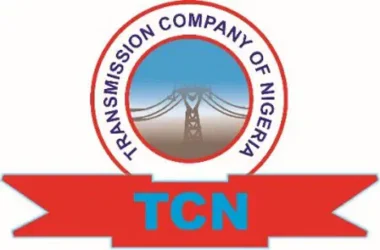The Joint Admissions and Matriculation Board (JAMB) has officially responded to concerns raised by candidates regarding the recently released results of the 2025 Unified Tertiary Matriculation Examination (UTME). On Monday, the Board acknowledged receiving what it described as “unusual complaints” from some states and noted that it has begun an early review of the entire examination process.
In a statement issued by JAMB’s spokesperson, Dr. Fabian Benjamin, the agency said it was aware of the concerns and has already started a detailed evaluation to understand what may have caused the issues reported. These complaints, though not widespread, were considered serious enough to trigger an earlier-than-usual review of the UTME system.
According to Dr. Benjamin, the Board conducts a system-wide review every year after the UTME, but this time it is accelerating the process due to the complaints received.
“In response, the Board is fast forwarding its annual system review—a comprehensive post-mortem of the examination process that is conducted each year months after the exercise,” the spokesperson said.
The review typically looks into three major phases: registration, the examination itself, and the process of releasing results. JAMB noted that it is committed to ensuring that every candidate has a fair opportunity to take the test. If any technical difficulty arises during the exam, affected candidates are usually given another chance to write the paper without delay.
JAMB also stated that it is currently examining the complaints more closely, especially those coming from a few specific states, in order to detect any technical faults or irregularities.
“We are particularly concerned about the unusual complaints originating from a few states within the Federation. We are currently scrutinising these complaints in detail to identify and rectify any potential technical issues,” the Board said.
To assist in this investigation, JAMB has involved professionals from various fields. These include members of the Computer Professionals Association of Nigeria, heads of universities who serve as Chief External Examiners, experts from the Educational Assessment and Research Network in Africa, as well as other measurement and evaluation specialists.
“If it is determined that there were indeed glitches, we will implement appropriate remedial measures promptly, as we do in the case of the examinations themselves,” the statement added.










